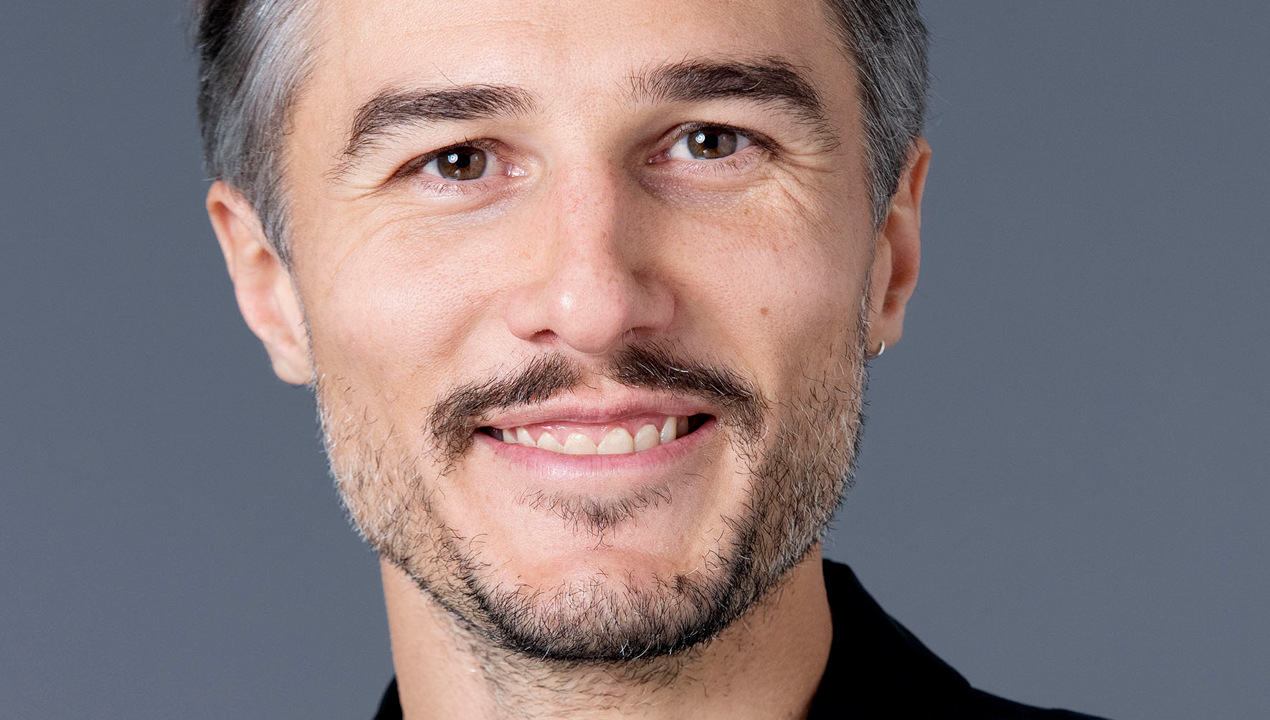Why has SI done this study?
My colleagues and I working with leadership development and capacity building at the Swedish Institute have for many years run leadership programmes in partner countries in Africa, Asia and northern and eastern Europe. In particular, the programmes are about helping the business community in these countries become even better on sustainability issues. This places high demands on our programmes, which in turn means that we ourselves have to keep track of the latest trends in leadership development and sustainable business. So, we decided to ourselves carry out a research project to understand the field even better and help us develop tomorrow’s offerings. Together with my colleague Alexander Crawford and an external analyst, Ylva Björnberg, we have interviewed many experts, business leaders and SI alumni, we have read numerous reports and have now synthesized our work in a report that has just been presented and discussed in a first roundtable discussion, which we hope will be the starting point for many conversations about these issues.
If you had to choose the three most important conclusions from the study, what would they be?
The first is that company leaders need to see their business and their roles in a more systemic way: like it or not, the company is part of a wider system. So you can no longer only look at the three conventional stakeholders – customers-employees-investors – but you must look at society and the environment – even the planet can and should be seen as a stakeholder.
The second conclusion is that it is not enough for a leadership programme to provide knowledge and competence in sustainability issues – even though this is very important when consumers, investors and governments are constantly setting new and tougher standards. It is also important to provide business leaders with the courage, the strength to resist and the will to step forward in these matters. It is not always easy to be a champion of sustainability in business, you often feel alone. Here, our programmes and the wider community of alumni have an important role to play.
The third conclusion is that Sweden has an obvious and important role to play. Not because we are the best (we are certainly not) or have all the answers, but because Swedish companies and Swedish leaders have been working with sustainability longer than most. Therefore, they have had some successes and made many mistakes. Others can learn from that. And business leaders in other countries are very curious about Sweden and Swedish “sustainability leadership”.
What happens now? How do we take the work further?
We would like to see this conversation about future leadership development for sustainability intensified, among those of us who work with capacity building in partner countries, but also with others in the business community. This study is, we believe, good fuel for that conversation. Then, we at SI will be bring the conclusions into the design of our future programmes, in different ways. Some trial balloons may be seen as early as next year! And if you are interested in these questions and the study, you are welcome to contact me.
